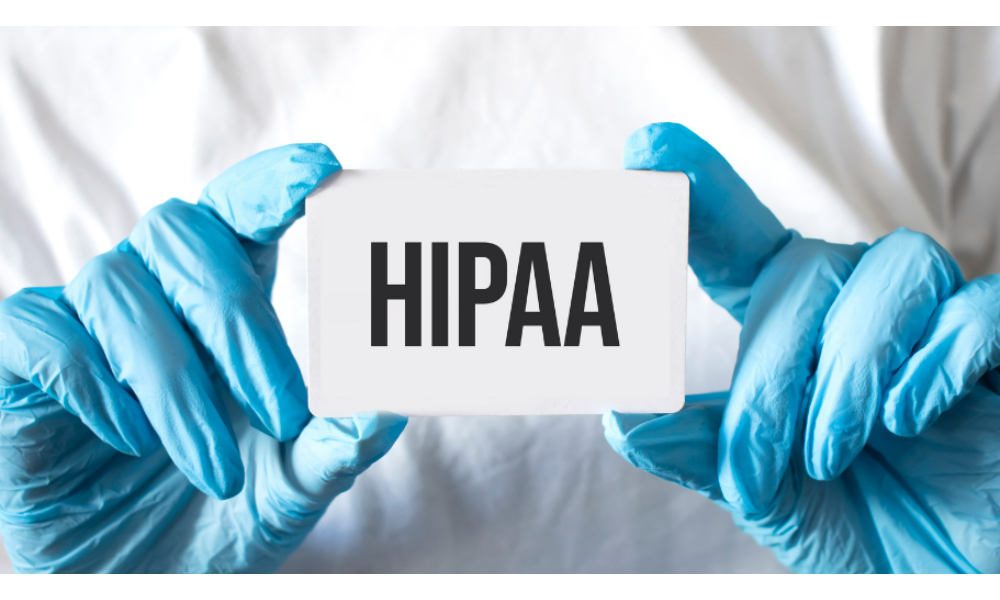In today’s world, with a massive increase in data breaches and cyberattacks, healthcare organizations need to prioritize security when managing sensitive patient information. That’s where the Health Insurance Portability and Accountability (HIPAA) comes in. A significant aspect of HIPAA compliance revolves around the software that you use, ensuring that it effectively safeguards patient data. So, what are the top features that your HIPAA compliant software must have? Let’s find out!
1. Comprehensive Access Controls
Stringent access control is an essential feature of any HIPAA compliant software. Healthcare organizations must ensure that access to protected health information (PHI) is limited to authorized individuals only. An effective software solution should have role-based access controls, allowing you to assign permission levels to each user according to their job function. Moreover, user authentication methods such as multi-factor authentication provide an additional layer of security.
2. Automatic Backup and Encrypted Storage
The software should support automatic backups of all PHI data, ensuring that your organization can recover it in case of system failure or disaster. Plus, encrypted storage is a necessary feature for any HIPAA compliant application. The encryption process should comply with Advanced Encryption Standard (AES) 256-bit encryption or a similar quality level to keep sensitive data secured. By knowing everything about HIPAA compliance software and its components, your business can ensure a secure work environment that safeguards patient data.
3. Regular Security Audits and Monitoring
Continuous security monitoring is crucial to detect and address potential risks and vulnerabilities. A robust HIPAA compliant software will provide regular audits and security checks, ensuring that your organization remains compliant. Features such as real-time alerts and notifications will help you stay aware of any suspicious activities, allowing you to take timely action.
4. Incident Response Management
A well-designed incident response management feature is critical for healthcare organizations to handle security incidents effectively. The software should allow you to document, analyze, and remediate incidents in a structured manner. Additionally, the ability to generate reports and maintain an organized incident log will ensure transparency and facilitate regular review processes.
5. Contract Management and Vendor Tracking
Another essential aspect of HIPAA compliance is managing contracts and monitoring third-party vendors. Your software should have provisions for tracking vendor information, storing relevant documentation, and monitoring their compliance status. Features like contract templates, e-signature support, and automated reminders for contract renewals will streamline your third-party risk management process.
In Conclusion
In a competitive landscape where healthcare organizations handle vast amounts of sensitive patient data, ensuring HIPAA compliance is not just a regulatory requirement but a critical factor for maintaining trust and providing quality care. By understanding the importance of HIPAA compliance in healthcare software and investing in a software solution that includes comprehensive access controls, automated backup and encryption, security audits, incident response management, and contract management capabilities, your organization can effectively safeguard critical patient information while ensuring compliance with regulatory standards. Thank you for reading!


